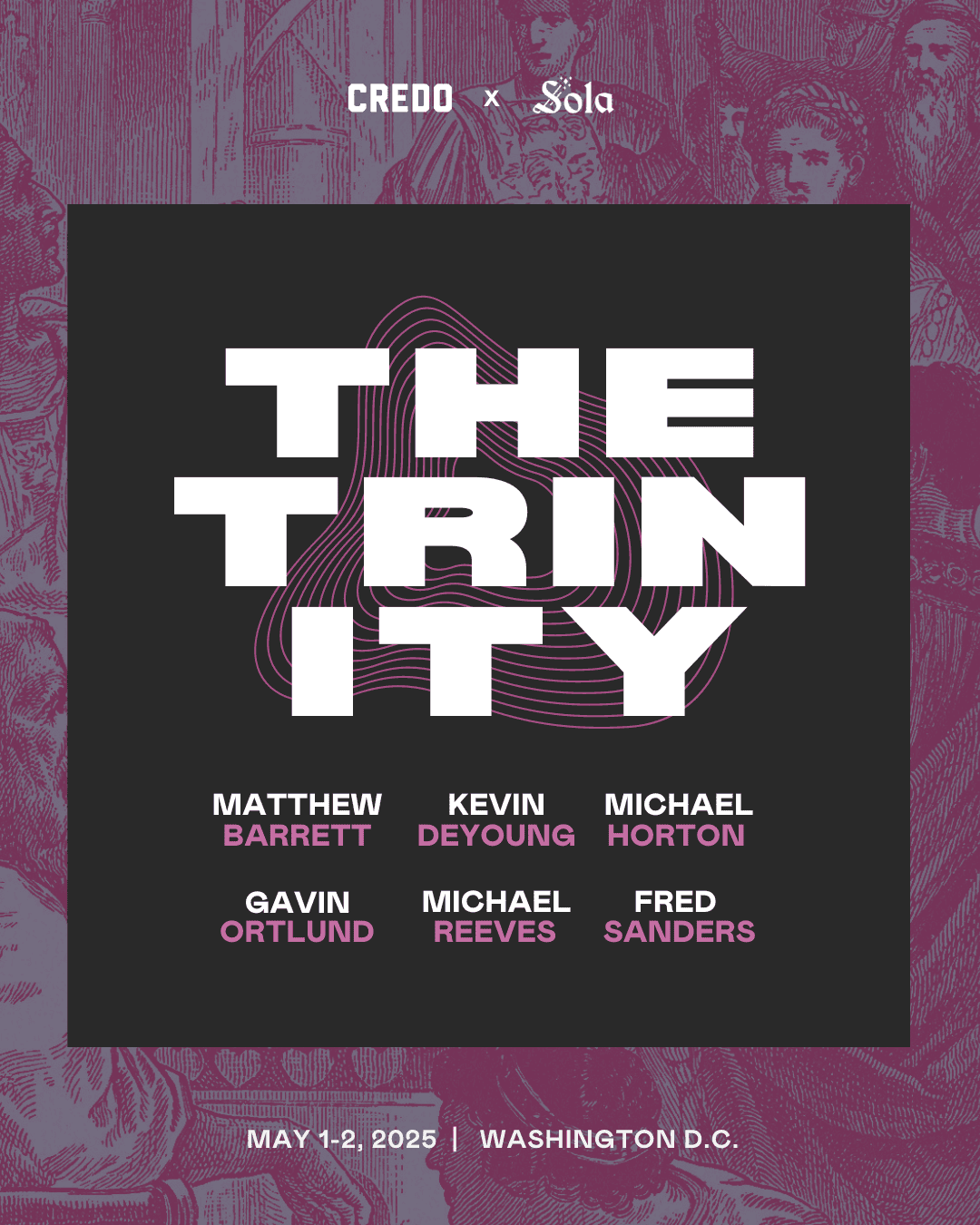
For us, and our salvation, He came down – An Athanasian Sonnet for Advent
In recent months, I’ve been re-reading a fourth century masterpiece.
While Athanasius’s On the Incarnation is remarkable, it was C. S. Lewis who termed it a ‘masterpiece’ in his famous introduction to a new English translation of Athanasius’s work.
As I read through the first three chapters of De Incarnatione Verbi Dei, I started summarizing each of the eighteen sections in my own words and soon realized the helpfulness of this exercise. Even though it is 2020 and we are not facing the same controversies of 1944, Lewis’s commending the reading of On the Incarnation does, indeed, put our controversies in perspective. Share on X
Reading this old book in this season has served to accomplish for me what C. S. Lewis hoped it would. Lewis advised, then in 1944, that in an era of modern controversies and division within Christianity “the only palliative is to keep the clean sea breeze of the centuries blowing through our minds, and this can be done only by reading old books.”
In specific, Lewis had in mind books that put forth a “standard of plain, central Christianity which puts the controversies of the moment in their proper perspective.” Even though it is 2020 and we are not facing the same controversies of 1944, Lewis’s commending the reading of On the Incarnation does, indeed, put our controversies in perspective.
My reflection led me to another thought: could I condense and conform my thoughts on Athanasius’s work into a poem to summarize what I had gained? As only a poetry-appreciator, not a poet, I set out to learn more about form and structure and settled on a simple sonnet.
The sonnet, I learned, allows for poems with musicality but also to be read in silence. The 14-line structure and rhyming patterns function “like a box” and since sonnets are often meant to focus on a person, I thought it a good form to follow for a poem on the incarnation of Christ.
Working from my summaries of Athanasius’s first three chapters, I sought to structure the three quatrains around each chapter. I created a spreadsheet to aid in building each of the 14 lines in iambic pentameter and around a specific rhyming sequence and then edited to final form.
In addition to my notes, the wording of “Athanasian Advent” was influenced by two other sources: the Ancient Christian Doctrine commentary on the Athanasian influenced Nicene-Constantinopolitan Creed and my annual listening to the Festival of Nine Lessons and Carols from the King’s College Chapel.
The result of my reflections on this “old book” and masterpiece is the following sonnet. Thanks to C. S. Lewis, these reflections have helped me to keep this season in proper perspective.
Athanasian Advent
Man turned from God to sin and caused His frown.
God’s fountain of grace overran sin, even more
For us, and our salvation, He came down.
Word as Man, some deride, but we adore.
To restore His image-bearers, He sent
The Word to suffer and appeal for man.
A sufficient exchange, His atonement,
Death abolished, new life shared, was His plan.
God’s all-Holy Son came in incarnation,
God in flesh cleansed man by His indwelling.
Hope given through the Son’s resurrection,
When we die, now not condemned, but rising.
Why should men be sad since Jesus set us free?
Our Redeemer came and gave liberty.
For further reading:
- Athanasius, On the Incarnation: the treatise De incarnatione Verbi Dei, translated and edited by a religious of C.S.M.V. (Centenary Press, 1944).
- C. S. Lewis, “Introduction,” in Athanasius, On the Incarnation (St. Vladimir’s Seminary Press, 1996).
- Peter Barnes, Athanasius of Alexandria: His Life & Impact (Christian Focus, 2019).
- John Anthony McGuckin, ed. Ancient Christian Doctrine, Vol. 2. (IVP, 2009).
- “A Festival of Nine Lessons and Carols,” King’s College Chapel, Cambridge, December 24, 2019.
- Rachel Richardson, “Learning the Sonnet,” Poetry Foundation, August 29, 2013.

